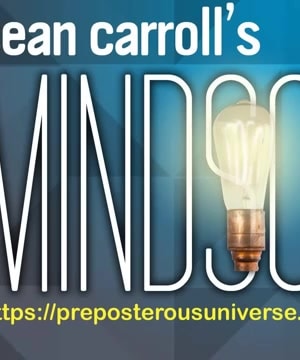Moral justification
Sources:
Moral justification often involves individuals rationalizing their actions, sometimes even distorting their own moral compass to align behavior with perceived necessity or desires.
For example, discusses how, as a criminal, he would justify his actions by convincing himself that he was committing crimes for his sister, wife, or girlfriend, despite eventually admitting that he chose to engage in criminal activities when other opportunities existed 1.
and highlight how strong moral convictions can divide people, making it difficult to find common ground. This is evident in debates over deeply held beliefs, such as abortion, where physical and emotional distances from those with opposing views are created to maintain psychological comfort 2.
champions the idea that moral standards are constructed by humans rather than being inherent in the universe. He elaborates that these constructed moralities allow for judgment and adaptation but are not objective truths 3.
On a personal level, notes that cognitive dissonance drives people to justify their actions to maintain a positive self-image, which can sometimes lead to significant moral compromises 4.
Lastly, explains "motivated reasoning," where individuals adjust their moral stance based on how much they desire something. For instance, people might rationalize buying products from unethical sources if they really want those products 5 6.
These insights reflect the complex and often situational nature of moral justification, influenced by personal needs, societal pressures, and cognitive biases.
RELATED QUESTIONS
